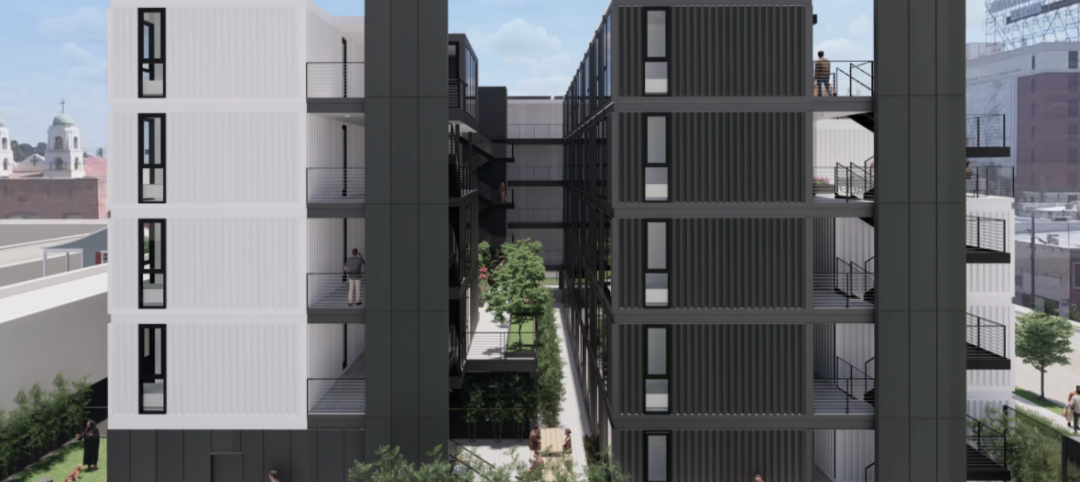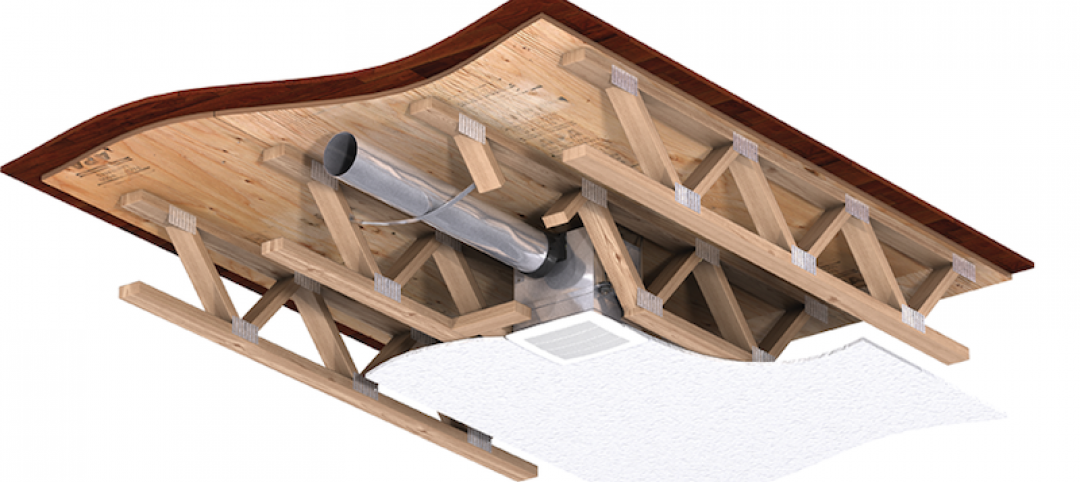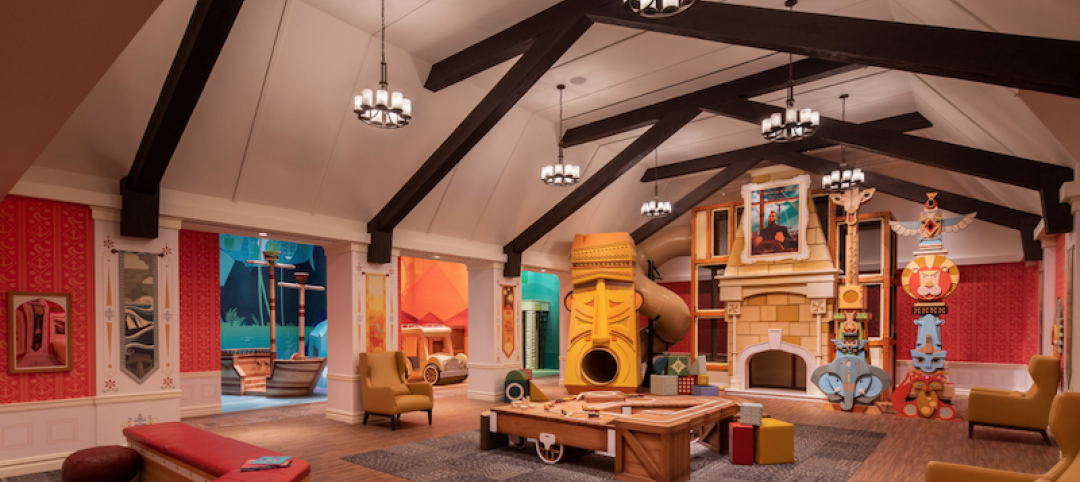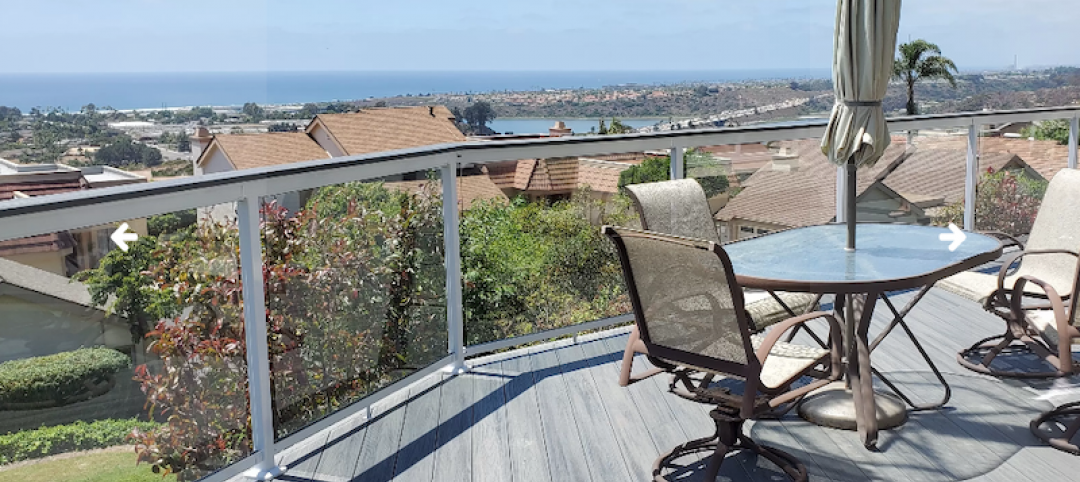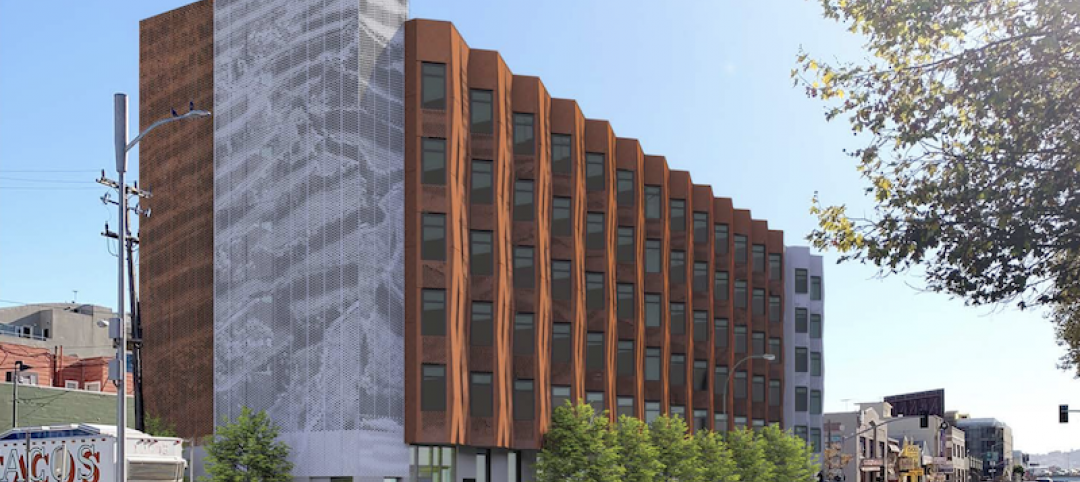There are more than 38 million Americans living in apartments. The multifamily sector continues to drive America’s housing construction, and contributes more than $1 trillion annually to the country’s economy through financing, development, and operations of apartment complexes.
But available data about this sector and its residents continue to be sparse, given the size of this market and its growth.
To fill “critical voids” in that data, the National Multifamily Housing Council has raised $2.25 million in cash commitments from some of the biggest companies in this sector for the launch of a nonprofit NMHC Research Foundation that would fund unique and original research on such topics as housing, demographics, tax policy, regulations, zoning, and land use.
“As the multifamily industry grows in sophistication, so must the quality and breadth of our analysis,” says Doug Bibby, NMHC’s President and CEO. “The NMHC Research Foundation ensures that we’re able to continue providing leading, actionable information for the apartment market and support our member businesses.”
The Foundation, a 501(c)(3) entity, is guided by a board of directors comprised of Bibby; Kenny Emson, NMHC’s Senior Vice President of Finance Administration; and Mark Obrinsky, Senior Vice President for Research and Chief Economist. A Board of Advisors will provide input into the Foundation’s program of research.
It is not immediately clear how the research conducted and published by the Foundation will overlap or add to research that NMHC already churns out in such forms as its quarterly report of apartment market conditions, or various newsletters and reports that have recently touched on such subjects as the single-family rental market and aging apartment stock.
The NMHC research is generally members-only content.
Jim Lapidis, NMHC’s Vice President of Strategic Communications, tells BD+C that the Foundation is being layered into NMHC’s operations. “We do not anticipate hiring anyone specifically for the Foundation. We will be relying on a group of industry experts to volunteer their time and energy to review and award research grants,” he says.
It appears the Foundation’s research will be deeper dives into different topics, such as:
•Assessing risk-adjusted returns on apartments compared to other real estate and non real estate assets returns on apartments compared to other real estate and non real estate assets;
•Analyzing costs, challenges, and effects of inclusionary zoning policies;
•Studying energy consumption in multifamily buildings, with an eye toward providing guidance for energy efficiencies;
•Reviewing the norms of parking ratios in new developments;
•Examining the age of apartment stock and the cost of rehabilitation; and
•Exploring consumer needs and business viability of longer-term leases geared toward older and/or retired households.
Companies that have made early funding commitments to the Foundation include founding partners RealPage (a $1 million pledge) and Weidner Apartment Homes ($500,000). Each will pay out over a three-year period, and RealPage is availing Foundation with access to its databases and analytic capabilities.
“RealPage is excited to partner with NMHC to enhance the industry’s intelligence,” says Steve Winn, its Chairman and CEO.
NMHC identifies a total of 32 “early” contributors, comprising a veritable who’s who of developers, owners, and property managers in the multifamily space. They include Marcus & Millichap, Trammell Crow, Mill Creek Residential, UDR, Bozzuto Group, Pinnacle, SARES REGIS Group, Waterton, and Essex Property Trust.
Related Stories
Multifamily Housing | Feb 23, 2021
Rising costs push developers to consider modular construction
The mainstreaming of modular construction offers a cost-effective and creative solution to develop new types of urban developments.
Multifamily Housing | Feb 21, 2021
Multifamily Amenities Survey 2021: Early results show COVID-19 impact on apartment amenities
Survey of multifamily developers, owners, architects, and contractors shows many adjusting their amenities to deal with the impact of the pandemic on property occupiers.
Multifamily Housing | Feb 19, 2021
Former motorcycle factory converted into affordable housing
The Architectural Team designed the project.
Multifamily Housing | Feb 12, 2021
Benefits of a factory-installed ceiling radiation damper explained
Greenheck applications engineer Craig Kulski explains the benefits of a factory-installed ceiling radiation damper.
Multifamily Housing | Feb 10, 2021
The Weekly show, Feb 11, 2021: Advances in fire protection engineering, and installing EV ports in multifamily housing
This week on The Weekly show, BD+C editors speak with AEC industry leaders from Bozzuto Management Company and Goldman Copeland about advice on installing EV ports in multifamily housing, and advances in fire protection engineering.
Multifamily Housing | Feb 10, 2021
10 significant multifamily developments to open in late 2020 and early 2021
Seattle's new twisting condo tower and Rem Koolhaas's first residential building are among 10 notable multifamily housing projects to debut in late 2020 and early 2021.
Multifamily Housing | Feb 8, 2021
Vista Railing Systems expands its senior management team
Chris Dooley and Tom Killy join Vista Railings, the British Columbia manufacturer of commercial/multifamily railings.
Multifamily Housing | Feb 8, 2021
Veterans Village supplies 51 units of supportive housing for U.S. military veterans in Carson, Calif.
Withee Malcolm Architects designed the supportive housing community for developer Thomas Safran & Associates.
Multifamily Housing | Feb 2, 2021
Tahanan supportive housing development brings 145 apartments to San Francisco
David Baker Architects designed the project.
AEC Tech | Jan 28, 2021
The Weekly show, Jan 28, 2021: Generative design tools for feasibility studies, and landscape design trends in the built environment
This week on The Weekly show, BD+C editors speak with AEC industry leaders from Studio-MLA and TestFit about landscape design trends in the built environment, and how AEC teams and real estate developers can improve real estate feasibility studies with real-time generative design.



